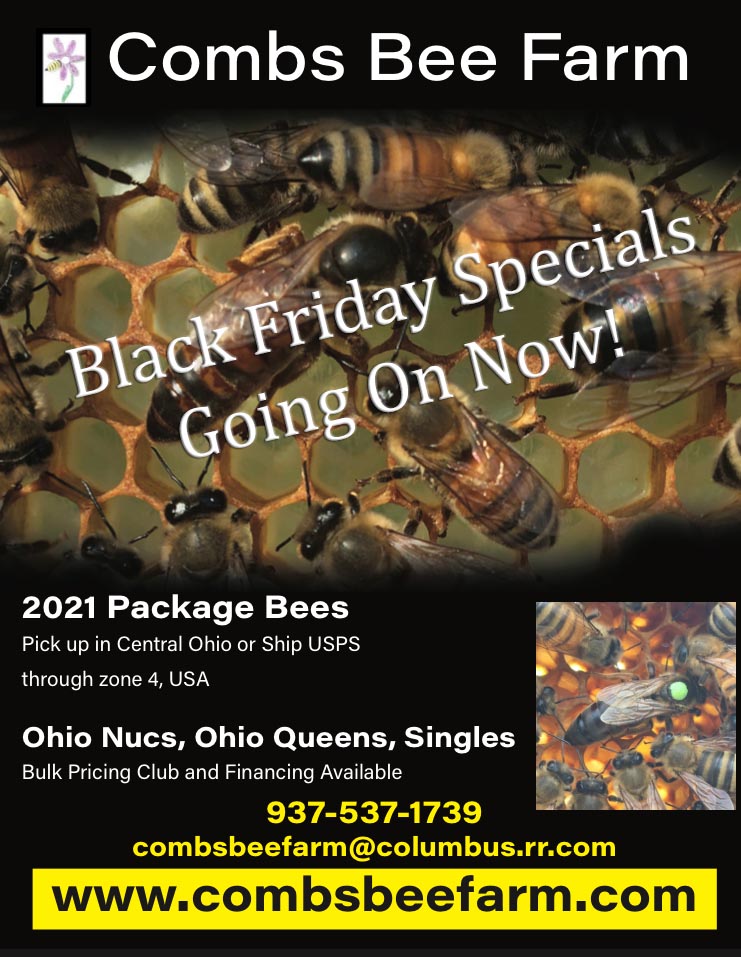Effects of Bt Cry78Ba1 Toxin on Larvae and Adults of Apis mellifera (Hymenoptera: Apidae)
Bo Han, Beibei Cao, Yang Yang, Xinling Wang, Lili Geng, Qingyun Diao, Pingli Dai
Journal of Economic Entomology, toaa261, https://doi.org/10.1093/jee/toaa261
Cry78Ba1 is Bacillus thuringiensis Berliner (Bacillales: Bacillaceae) (Bt) protein found with high insecticidal activity against the piercing–sucking insect Laodelphax striatellus Fallén (Homoptera: Delphacidae) and has broad application prospects for control of the rice planthopper. As honey bees may be exposed to Bt Cry78Ba1 rice pollen by feeding, we evaluated the risk of Bt Cry78Ba1 toxin to Apis mellifera L. workers. A dietary exposure experiment was conducted on worker larvae and adults under controlled laboratory conditions to examine the effects of Cry78Ba1 toxin on honey bees. Worker bee larvae were fed a diet containing Cry78Ba1 toxin (0.01, 0.1, 1, and 10 mg/liter) on day 2 through day 5 after grafting, and adults were exposed to syrup containing Cry78Ba1 for up to 16 d. Negative control (no test substance added), solvent control (1 mM Tris–HCl), and positive control (dimethoate 45 mg/liter for the larva test, 1 and 45 mg/liter for the adult test) groups were established. Compared with the negative control, larvae and adults that consumed food containing Cry78Ba1 toxin exhibited no significant differences in survival, larval weight, or pollen or syrup consumption. This result indicates that chronic oral exposure to Cry78Ba1 toxin has no negative effects on honey bees at the maximum tested concentration.
________________________________________________________________________________








